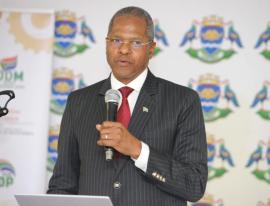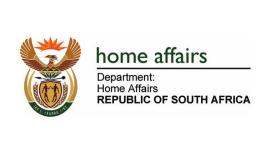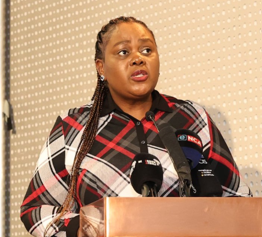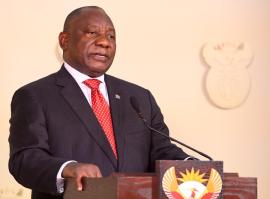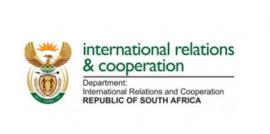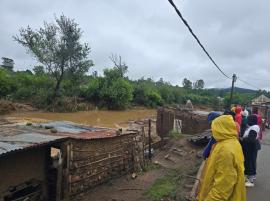The Umzinyathi District Water Summit wrapped up on Friday, with local leaders, stakeholders, and communities uniting to forge a cohesive plan for the district’s water future.
Cooperative Governance and Traditional Affairs (CoGTA) Minister Velenkosini Hlabisa delivered the closing remarks, highlighting the summit’s outcomes and the crucial role of traditional leadership in achieving water sustainability.
“I would like to express my sincere appreciation to all stakeholders, including government departments, municipalities, civil society, and the private sector, for your active participation and commitment to securing our district’s water future,” he said.
Hlabisa emphasised the importance of the Amakhosi, acknowledging their deep-rooted connection to the land and resources.
“Your wisdom and leadership remind us that water is not only a resource but a heritage,” he added.
The two-day summit, which took place at Battlefield Country Lodge in Dundee, KwaZulu-Natal, addressed urgent water service delivery challenges across all 61 wards of the uMzinyathi District.
The summit’s theme: “Securing Umzinyathi District’s Water Future through Good Governance, Sustainable and Resilient Water Infrastructure,” guided various discussions and resolutions that are set to shape the region’s water policies.
The gathering affirmed good governance as the cornerstone of effective service delivery.
“We have committed to conducting skills audits, implementing capacity-building programs, and developing succession plans to ensure continuity and institutional memory.”
The summit also focused on ensuring equitable access to water.
Delegates resolved to finalise the District Water Master Plan and prioritise refurbishing aged infrastructure.
Hlabisa noted that short-term interventions, such as rainwater harvesting and borehole development, will complement long-term strategies.
These efforts aim to guarantee reliable water access for every household in Umzinyathi.
Water conservation and demand management were key discussion points, with participants expressing concerns over illegal connections and water losses.
“We will enforce the bylaws, establish ward-based water committees, and implement awareness campaigns,” he said, stressing a proactive approach to curbing wastage.
In addition, financial sustainability emerged as another critical area of focus and detailed a plan to strengthen revenue collection and prioritise debt recovery.
“Community engagement will reinforce the culture of paying for services,” he said, highlighting the necessity for infrastructure refurbishment to maintain revenue streams.
The summit also touched on the importance of road conditions in facilitating effective service delivery.
Hlabisa assured that collaboration with local municipalities to repair potholes would be prioritised, particularly in areas close to traditional leadership.
“This is not only a gesture of respect but also a practical step to ensure safe access for traditional leadership and the communities they serve,” he said.
As the summit concluded, Hlabisa called for urgent action.
“These resolutions are not mere words; they are commitments that demand urgency, collaboration, and accountability.
“The success of this summit will be measured not by the quality of our discussions, but by the speed and integrity of our implementation.” – SAnews.gov.za

